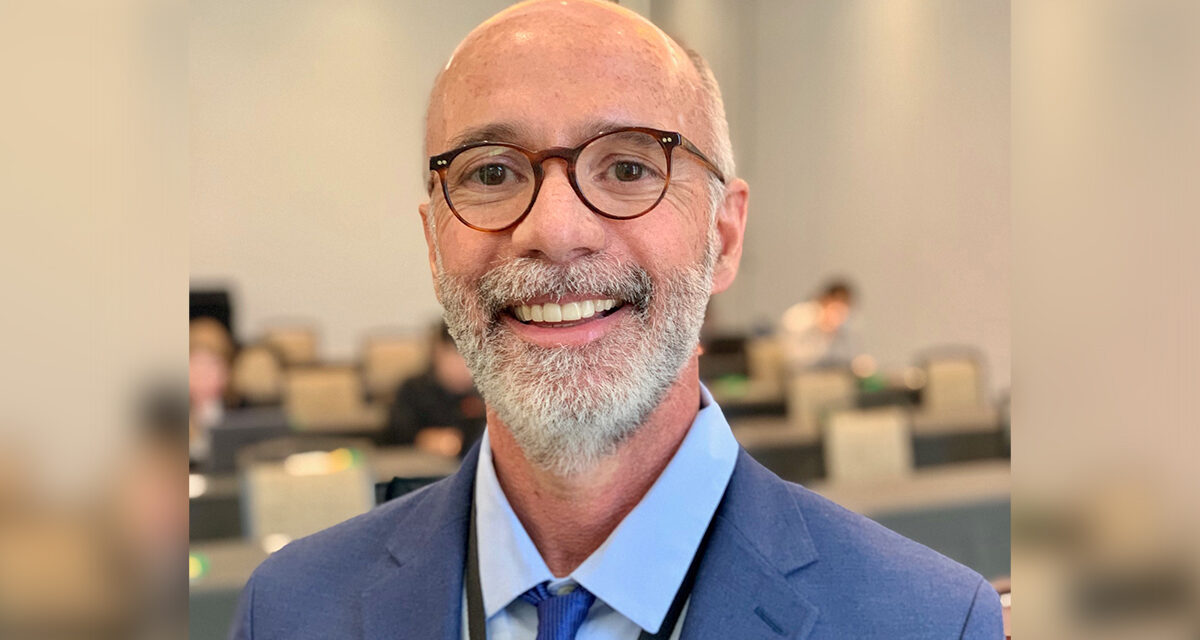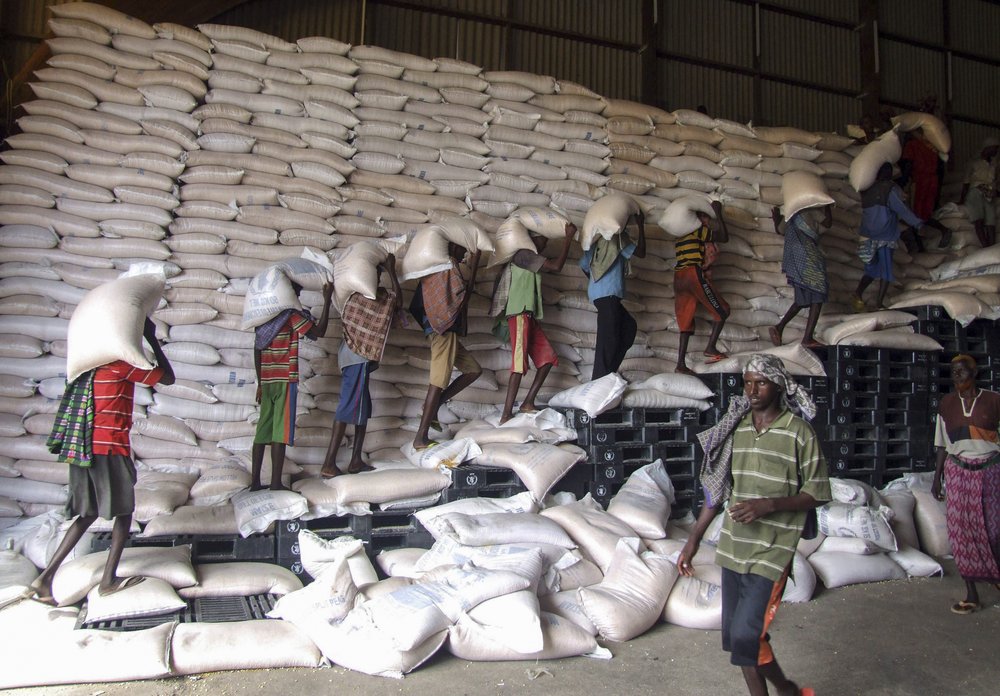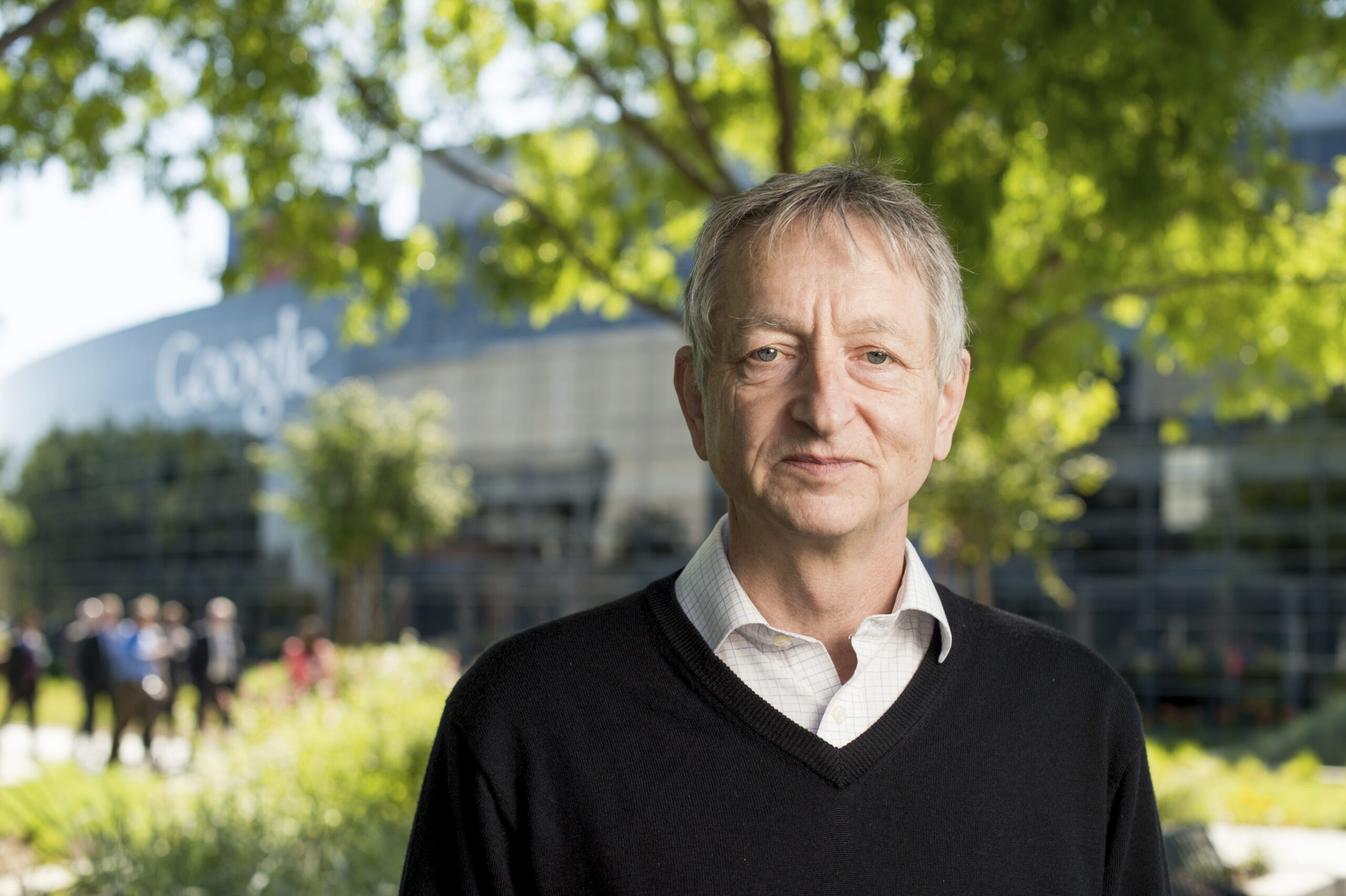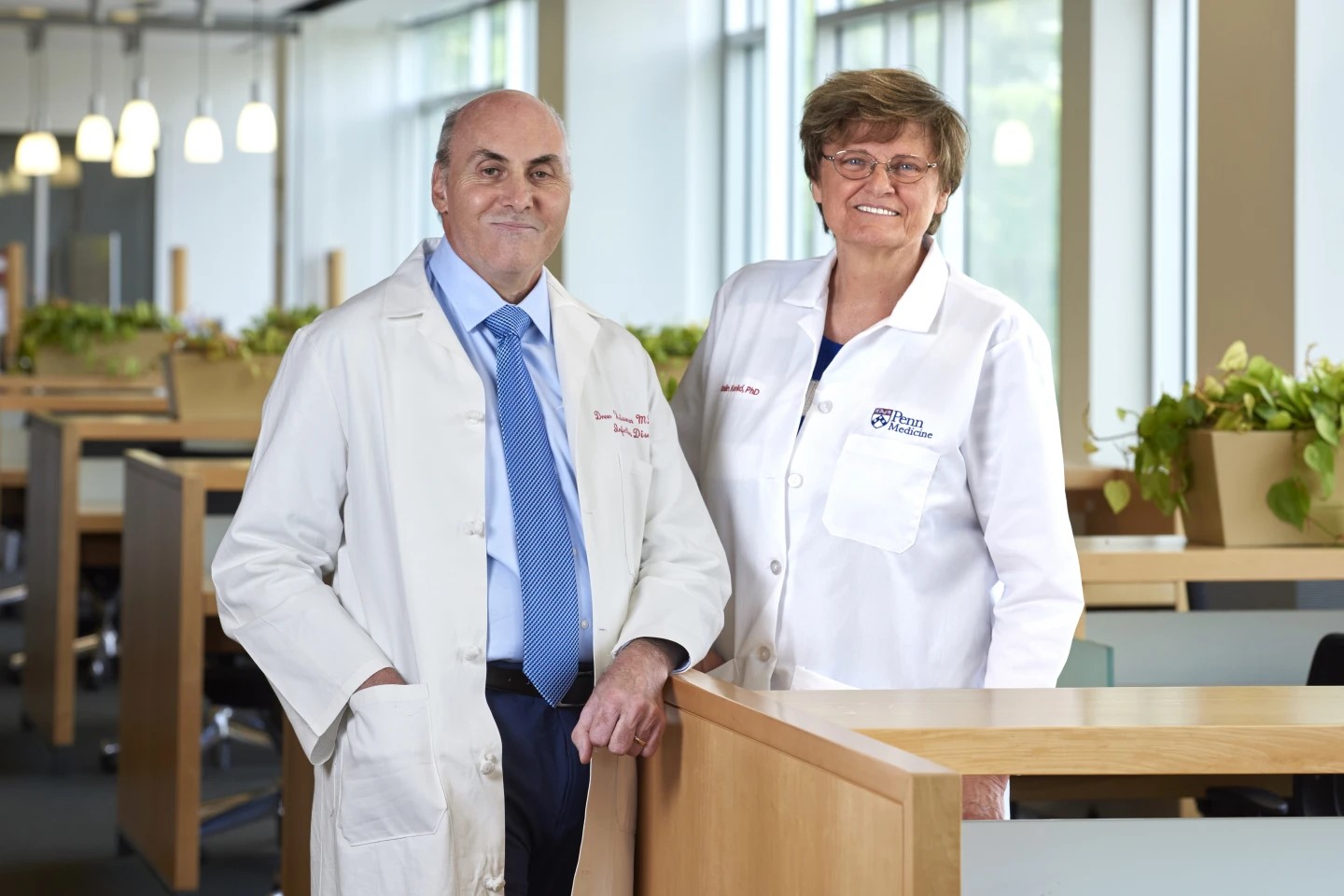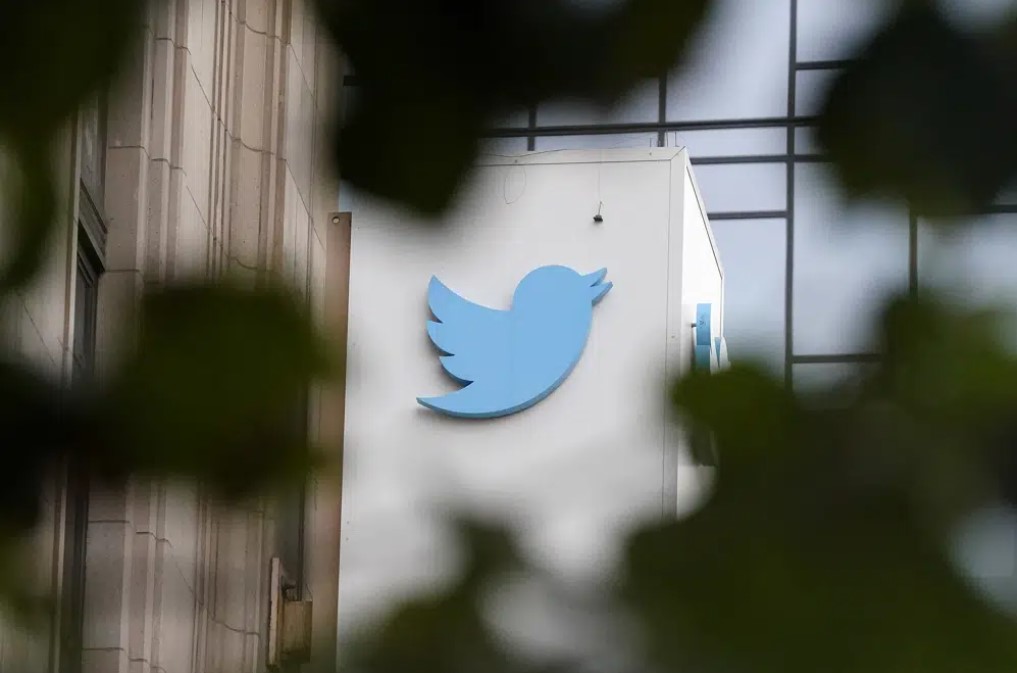The beginning of a new school year is always an exciting time, but at UNC’s Hussman School of Journalism and Media, this year may be more exciting than most.
On the positive side, the school recently opened UNC’s newest building, the 13,000-square-foot Curtis Media Center, featuring a state-of-the-art broadcast studio, podcast studio, and makerspace. But the school also faces serious challenges, most notably a downgraded accreditation status stemming from concerns about diversity and inclusion in the wake of last year’s controversy surrounding Nikole Hannah-Jones.
In the midst of all this, the school is also entering the year with a new dean: Raul Reis, who took over earlier this year after serving as dean of the School of Communication at Emerson College.
What does Dean Reis think about UNC? And what are his plans to address the challenges facing the Hussman School?
97.9 The Hill’s Aaron Keck spoke with Dean Reis earlier this month. Click here to listen to their conversation.
Aaron Keck: What are your initial impressions of UNC and Chapel Hill, and the journalism school in particular?
Raul Reis: I think all my good feelings about the school have been confirmed. I really admire this school, and I admire the work that people do here. I’ve been doing a lot of talking and listening to people in the last two months. I’ve had meetings with staff and administrators, and now with faculty and students. The more I find out, the more I admire the work that goes on here.
Keck: In those listening sessions, what has stood out to you? What themes keep coming back, or what’s been a surprising thing that you didn’t expect to hear?
Reis: It has been pretty amazing for me to see how much work people put into their classes and their research projects. To see them so excited about being back, the optimism – I wouldn’t say necessarily that this is a surprise, but it’s great to learn firsthand, you know, that the students are so applied and dedicated and excited about being back.
Keck: Of course, you’re coming in at a very odd time for the journalism school. We’re still just a year removed from last year’s controversy involving Nicole Hannah Jones. Certainly the ripple effects of that are still reverberating, even to the point of some accreditation issues. So what is your plan to reestablish the Hussman School as an inclusive place where everyone can feel welcome?
Reis: This listening tour is part of it. I want to make sure that people know their opinions are very welcome. I’ve held two large open conversations with staff and faculty, including a retreat that we had on August 12th where we had a workshop on microaggressions. And we are paying a lot of attention, obviously, to diversity, equity, and inclusion (DEI) issues. We have a whole plan that we have been discussing with the faculty and the staff over the last two months; just this past Friday, we had another meeting with more than 55 people around the table (discussing) what we need to do.
So we are in the process of putting together a plan of action, and I’m going to take the plan of action to the students. I’m planning to assemble a group of about 20 students that I’m calling the Dean’s student advisory council. This will be student representatives (from) different parts of the school, different types of students, representing chapters of, for example, the Carolina Association of Black Journalists (and) the National Hispanic Journalists Association – having conversations about what their needs are and what they need to be successful here.
Obviously, as you mentioned, we are trying to create a sense of belonging in the school. We are trying to create a welcoming environment where everybody feels like they can express themselves fully, and who they are is respected – more than respected. It’s a great opportunity for us, to build the next chapter of the school and to infuse everything with diversity, equity and inclusion.
So we’re finalizing this big list of action items, and we’ll make that public later this month.
Keck: Any preview on what some of those action items might be?
Reis: Yes. This group of students (the student advisory council), they’ll hopefully have this impact in terms of opening a direct channel with the Dean, having meetings with me, and then creating programs where we can offer professional development and leadership opportunities for students from all different backgrounds. (We’re) putting together something for the spring, for the first-year students specifically, to create that sense of community. I’m hoping that this group of student leaders will help me put activities together. We are bringing guests, we are bringing speakers.
(And) we are hiring four new faculty who are coming either in January or starting next year in the fall. There are two more being hired right now as we speak. So potentially six new faculty members, many of them from diverse backgrounds, who add to the amazing diversity that we have already among the faculty and the staff.
And we’ll be doing a series of faculty/staff workshops as well around DEI issues. We just did one, as I mentioned, around microaggressions, (and) we have others coming up in terms of class building and curriculum building in the way we build an inclusive classroom environment. And we will be connecting to the alumni as well to the friends of the school. We will have listening sessions for the faculty in the fall, and then for the students in the spring.
So it will be a very busy year for us. And we are starting to do the work already.
Keck: Another conversation that has come out of that controversy in the last year is a very interesting discussion about the role of journalists and journalism in the first place. You’ve got people on one side who say that journalism should strive to be neutral and free of political bias, that journalists should be as non-biased as possible. Another side says that journalists should pursue the truth, even if that means you end up siding with one political party over another, and that journalists should acknowledge their own personal biases and be upfront about them. It’s a fascinating conversation. Where do you stand on it?
Reis: You know, I think we have to have principles that we apply. Remember that this is a school of journalism and media. So it’s very inclusive in that sense, too. We have strategic communication as a big part of the school; about 60 percent of our students and faculty are dedicated to areas in strategic communication. I would say that we want to infuse everything we do with principles, ethical principles and professional principles adopting best practices (of) what is going on in the field – (and) also being the leaders, in the sense that we establish classroom environments (that) are inclusive and also principled.
You know, we are trying to infuse everything we do not only with conceptual conversations about ethical issues and professional issues, but very practical issues related to technology. For example, I think there is a lot that we can contribute in terms of an open discourse in society, building a society that is more democratic and transparent. I think journalism plays a role in that as well. So there are a lot of conversations among the faculty, realizing that we all come from different backgrounds. When we had this conversation about microaggressions in the classroom, for example, we talked at length about implicit biases and hiring processes. So there are a lot of conversations that I think we have to have, and we can contribute a lot in the conversation nationally about the role of the media, building a more democratic, participative, collaborative, open, transparent, ethical society. These are big issues, (and) we want to contribute, we want to be a part of it. We don’t want to exclude people from the conversation. We want to include all points of view, and we want to be an open space for conversation and dialogue.
Featured image via Emerson College.
Chapelboro.com does not charge subscription fees, and you can directly support our efforts in local journalism here. Want more of what you see on Chapelboro? Let us bring free local news and community information to you by signing up for our biweekly newsletter.

